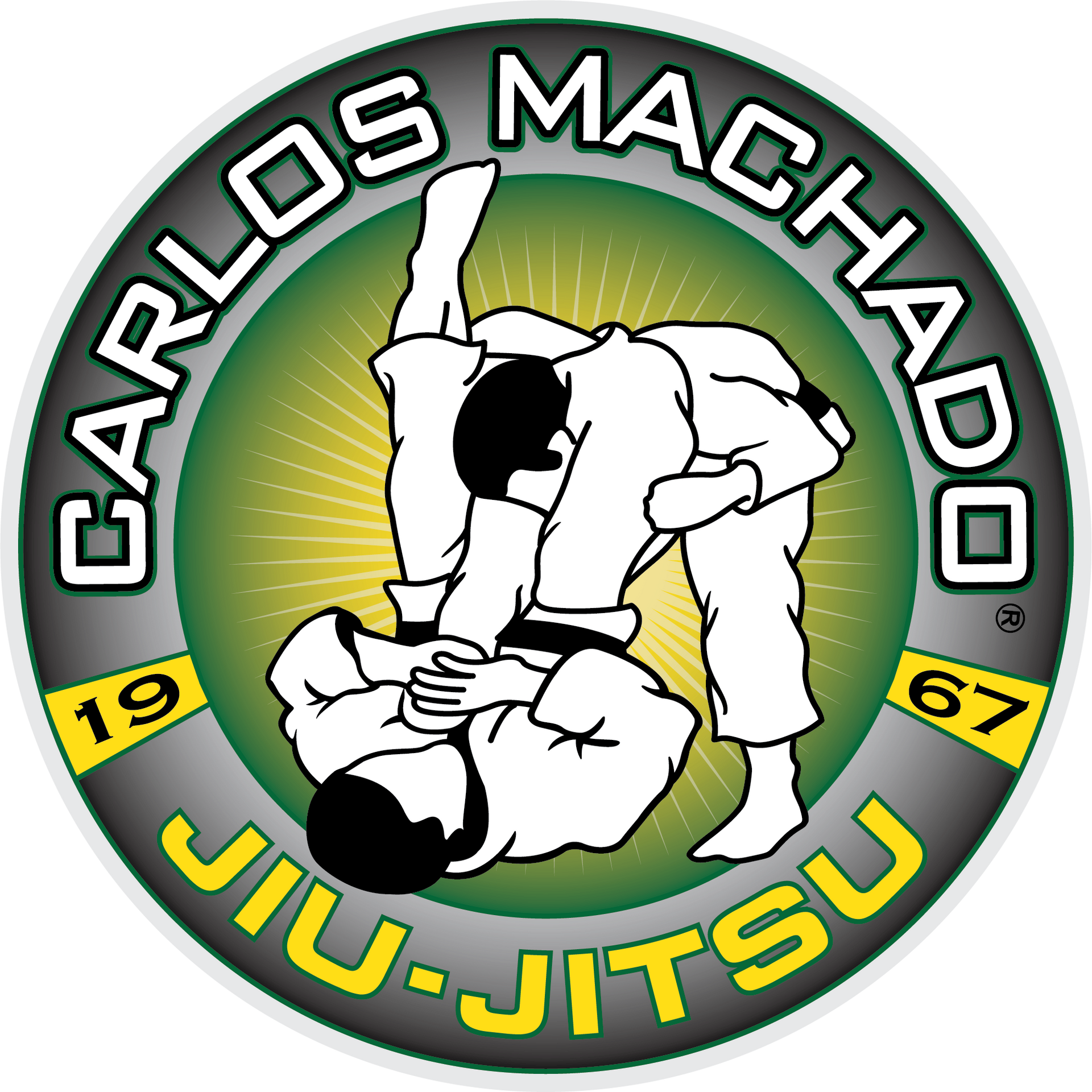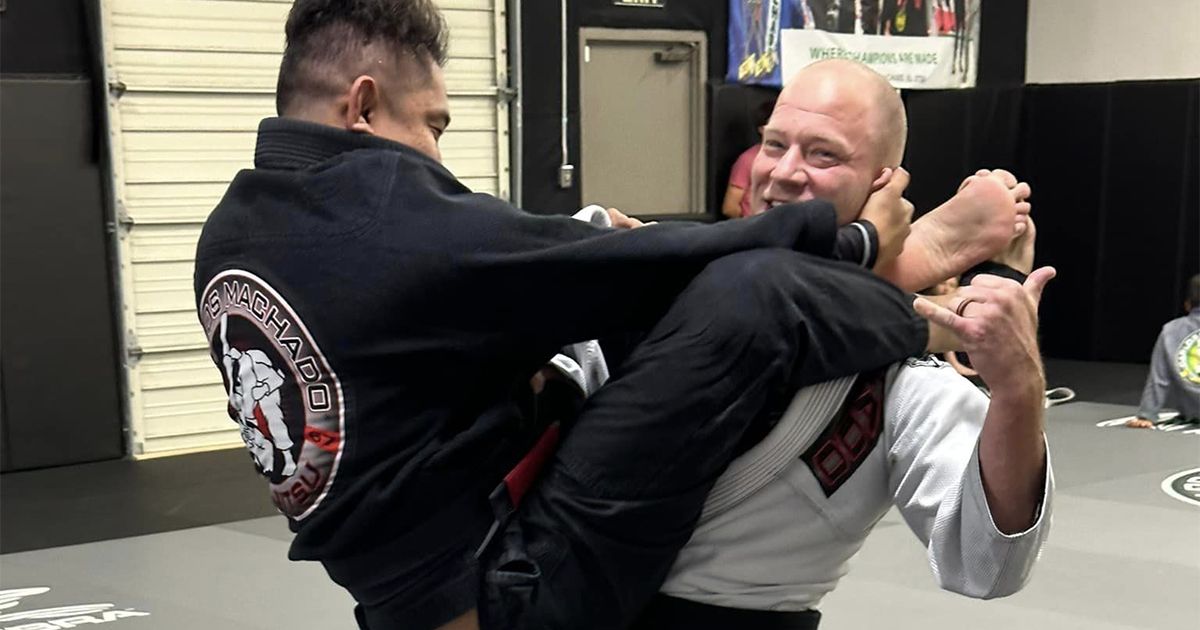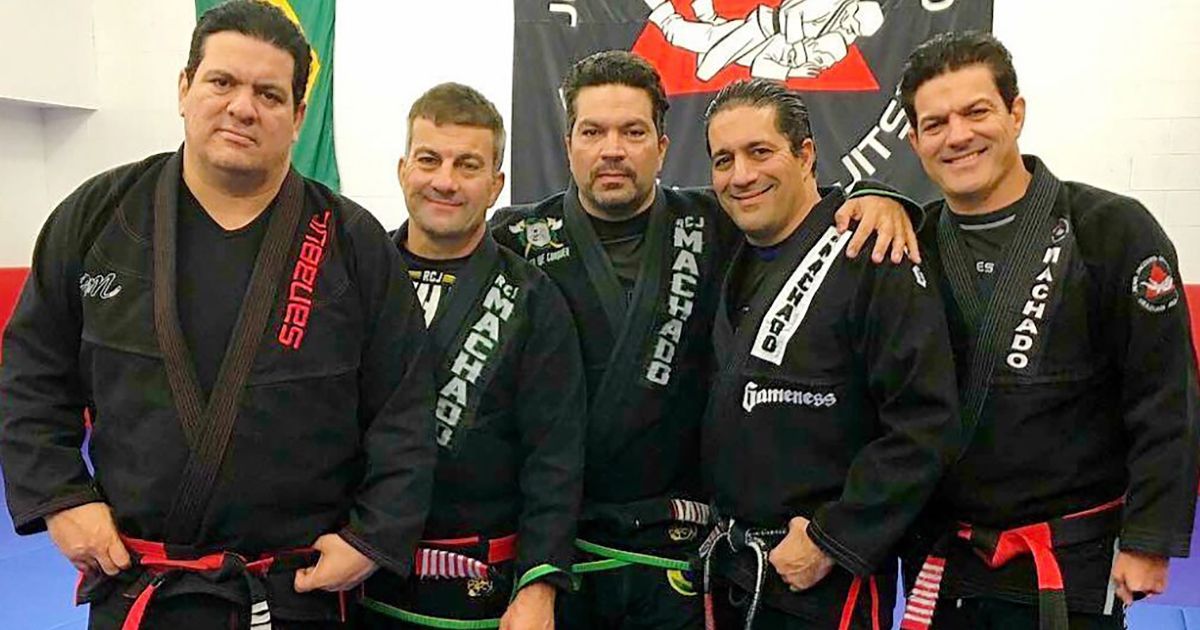Whoever starts strong will not always be the same who finishes strong!
Life Lessons & How to Finish Strong in Jiu Jitsu
Jiu-Jitsu is a journey that involves many challenges and opportunities. It is not only a test of your physical skills, but also of your mental and emotional ones. You have to face different situations and opponents, and find the best way to overcome them. Sometimes, you may start strong, but end up losing. Other times, you may start weak, but end up winning. What makes the difference?
In this blog post, I want to share with you some of the lessons that I have learned from my own experience as a jiu-jitsu practitioner and instructor for over 40 years. These lessons will help you understand how to finish strong in jiu-jitsu, regardless of how you start.
The Beginning Days
I still remember the beginning days, when I was a white belt in Brazil, learning from my uncle Helio Gracie, my cousin Rolls Gracie, and later from my cousin Carlos Gracie Junior. I was eager to learn and improve, but I also faced many difficulties and frustrations. I lacked knowledge and experience, which made me struggle against more experienced teammates. I did not have a clear vision of the jiu-jitsu chess game, which made me act impulsively or passively. I did not have a solid strategy, which made me vulnerable to mistakes or surprises.
I realized that I had to know myself and my opponent better, as Sun Tzu said in his "Art of War". I had to learn the mechanics of each technique, and how to apply them in different scenarios. I had to learn how to anticipate and prepare for possible outcomes, and how to adapt and improvise when things changed. I had to learn how to connect and transition between techniques, and how to create opportunities or exploit openings.
I also realized that I had to be patient and consistent in my training. I had to practice the drills over and over again, until they became second nature. I had to maintain the pace and maximize the time on the mat. I had to train with different partners and levels of resistance. I had to challenge myself and push my limits.
The Mirror Strategy
One of the strategies that helped me a lot in my early days was the mirror strategy. This strategy consists of emulating good mechanics from someone who performs a technique well. It could be your instructor, your teammate, or even your opponent. You observe how they do it, and then you try to copy it as closely as possible. You pay attention to the details, such as the grip, the angle, the leverage, the timing, and the movement.
The mirror strategy will help you improve your technique and make it more effective and efficient. You will also learn from different sources and perspectives, which will enrich your repertoire and options.
The Vision Strategy
Another strategy that helped me a lot in my early days was the vision strategy. This strategy consists of seeing what the outcome will likely be before you execute a technique or a sequence of techniques. You visualize how your opponent will react or counter, and how you will respond or adjust accordingly. You also visualize how you will finish or transition from one technique to another.
The vision strategy will help you improve your anticipation and preparation in jiu-jitsu. You will also learn how to deal with different types of opponents and situations, which will enhance your confidence and resilience.
The Seizing Strategy
Another strategy that helped me a lot in my early days was the seizing strategy. This strategy consists of incorporating a move from your opponent into your own game, and then addressing the counter from more than one perspective. You learn from your opponent's strengths and weaknesses, and you use them to your advantage. You also learn how to defend yourself from your own techniques, which will make you more aware and cautious.
The seizing strategy will help you expand your repertoire and options in jiu-jitsu. You will also learn how to use your creativity and intuition to find solutions and opportunities.
The Finishing Days
As time went by, and as I progressed in my jiu-jitsu journey, I learned many more strategies and techniques that helped me improve my game. I also faced many more challenges and opportunities that tested my skills and character. I competed in many tournaments in Brazil and abroad, winning some titles along the way. I moved to America with my brothers in the early 1990s, where we were among the pioneers of Brazilian jiu-jitsu in this country. We worked hard to promote our art and our academy, while facing competition and resistance from other martial arts styles. We proved ourselves as fighters and as teachers, while maintaining our humility and respect for others.
Through all these experiences, I learned that jiu-jitsu is not only a martial art, but also a way of life. It teaches you how to be resilient, patient, adaptable, and humble. It molds you into a better person, on and off the mat. It equips you with skills that help you navigate through life's challenges and opportunities. And most importantly, it instills in you a never-give-up attitude that pushes you to finish strong, regardless of how you start.
Resilience and Perseverance
In the world of Jiu-Jitsu, there are no quick victories. The path to success is paved with falls, taps, and disappointments. But every setback is an opportunity to learn and grow. Every time you are defeated, you come back stronger and smarter. This resilience and perseverance translate into other areas of your life, helping you overcome personal and professional hurdles.
Patience and Consistency
Jiu-Jitsu is not about instant gratification. It's about playing the long game, patiently learning, and consistently practicing. Progress may seem slow, but every day on the mat brings you one step closer to your goal. This patience and consistency help you achieve long-term success in your career, education, and personal endeavors.
Adaptability and Improvisation
Jiu-Jitsu teaches you to adapt to different opponents and situations. You learn to improvise and make the best use of your resources. This adaptability and improvisation help you handle unexpected changes and challenges in your life, making you more flexible and resourceful.
Humility and Respect
In Jiu-Jitsu, you're humbled every day. No matter how good you get, there's always someone better. This humility, coupled with the respect you learn for your training partners and opponents, helps you build strong relationships based on mutual understanding and appreciation.
Finishing Strong - A Way of Life
Whether it's a tough sparring session, a grueling competition, or a challenging period of life, the principles of Jiu-Jitsu guide you to finish strong. Regardless of how you start, it's the finish that counts. And while every victory in Jiu-Jitsu is a celebration, the real victory lies in the journey itself - the lessons learned, the friendships made, and the character built.
As a Jiu-Jitsu practitioner and instructor for over 40 years, I can confidently say that the art of Jiu-Jitsu extends far beyond the mats. The strategies and techniques you learn, the challenges you overcome, and the discipline you cultivate all contribute to shaping you into a strong, resilient individual ready to take on life's battles.
So, remember, in Jiu-Jitsu and in life, it's not about how you start, but how you finish. Train hard, stay consistent, respect your journey, and above all, finish strong.





